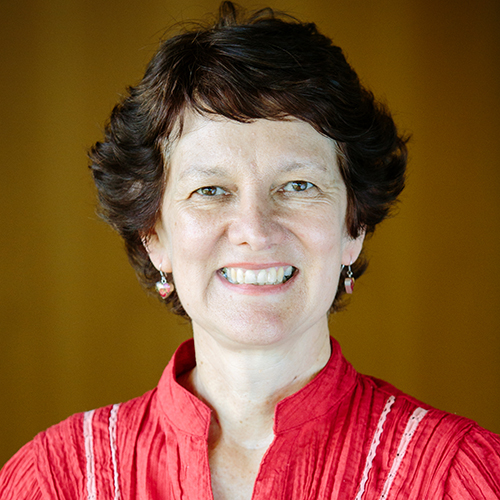 Prof Kelly Fielding leads the Environmental Health Risk Communication team at QAEHS. She leads and actively participates in enhancing the expertise of professionals in understanding community concerns related to environmental health risks and helps community members in making informed decisions and contribute to decision-making.
Prof Kelly Fielding leads the Environmental Health Risk Communication team at QAEHS. She leads and actively participates in enhancing the expertise of professionals in understanding community concerns related to environmental health risks and helps community members in making informed decisions and contribute to decision-making.
Meet the Environmental Health Risk Communication research team.
Risk communication is about understanding the risk perceptions about hazards and using evidence-based insights to inform, build safer, more resilient, and more trusting communities.
Sometimes the role of risk communication is to present the best scientific insights to people who perceive something as hazardous, despite research indicating otherwise. For example, the main stumbling block for introducing a recycled water scheme is community opposition. Water utilities tasked with introducing a recycled water scheme need insights about how best to communicate about this alternative water source to build trust and support for the scheme within the community.
Risk communication is also about identifying ways to effectively communicate to a range of audiences. It is important to create trust and credibility to educate the public and allow them to make informed choices about their health and safety.
Research into the community understanding of risk perceptions on a range of topics including climate change and public health initiatives (e.g. COVID-19) is an important pathway to understanding the different types of risk communication strategies and choosing the correct strategy to aid in the required response.
